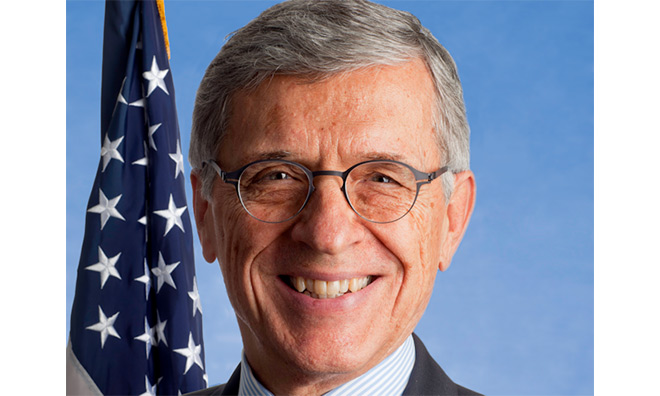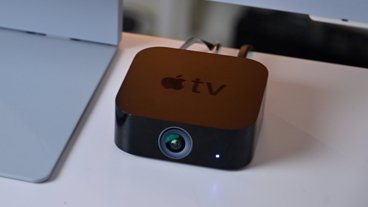FCC to move on set-top box regulations, could open door for expanded Apple TV
The Federal Communications Commission will reportedly float a new initiative that would force cable and satellite providers to broaden support for third-party set-top boxes, paving the way for companies like Apple to build new experiences on top of traditional cable services.
Rather than being forced to rent or purchase a set-top box from their television provider, consumers would be free to choose any unit designed to industry specifications, according to the Wall Street Journal. Details of the proposal remain scarce, though the cable industry has already begun to circle the wagons in opposition.
Cable operators are said to be wary not only of the dip in revenue from set-top box subscriptions, but of the potential loss of direct control over the customer relationship. With limited exception — notably TiVo, which leverages its patent portfolio to maintain a sort of detente between itself and the industry — consumers who pay for advanced television packages are trapped within the cable companies' own ecosystems.
Many contend that this gives providers outsized leverage over content.
"If you have a good program idea, some financing, and access to the Internet, you can find your audience," BET founder Robert Johnson told the paper. "But your audience can find you only if they have a modem or a set-top box or software that lets them know you are there and gives them access to your programs unconstrained by the network gatekeeper."
The leading proponent of changes to set-top box regulation in Silicon Valley has been Google, which wants to build cable functionality directly into its Google TV. Such changes would also benefit Apple, however, which has been spurned both in attempts to work with cable companies and go around them directly to content owners.
Apple was widely rumored to have been in talks with Time Warner over a deal that would bundle access to Time Warner's service with the Apple TV, but negotiations are believed to have fallen through in the run-up to Comcast's failed acquisition of the cable operator. Similar discussions with content providers haven't yet crystalized.
Apple is now thought to be keeping a "close eye" on the possible sale of Time Warner or its constituent parts, including HBO.
 AppleInsider Staff
AppleInsider Staff











 Wesley Hilliard
Wesley Hilliard
 Andrew Orr
Andrew Orr



 Amber Neely
Amber Neely

 William Gallagher
William Gallagher







